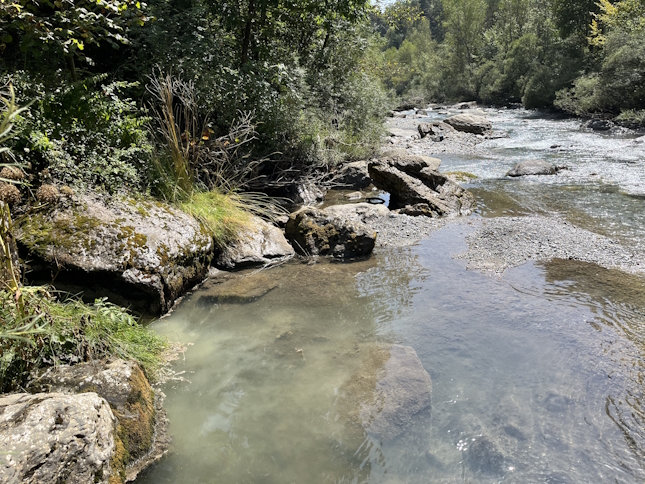The BREATHE project aims to improve the assessment of river ecosystem health through the development of an international, sensor-based River Observation System (RIOS). Current evaluation methods do not adequately reflect the structure and function of aquatic ecosystems and are difficult to translate into ecosystem services. BREATHE builds on advances in aquatic sensors, river metabolism, and data processing capacity to monitor river functions—particularly through dissolved oxygen—to quantify services such as climate regulation, water purification, and fisheries provisioning.
The project engages key stakeholders in the co-design of workflows and the development of case studies across diverse regions (Brazil, Spain, Switzerland, the United Kingdom, Norway, and Sweden), addressing both shared challenges and local priorities in freshwater ecosystem management.









